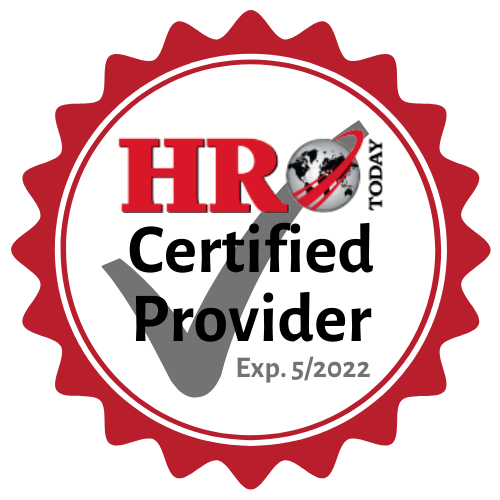What is Continuous Real-Time Pre Employment Screening?
Global enterprises generally take the approach of conducting background verifications on candidates to ascertain the data that they present at the interview. One-time background verifications help organisations check candidate data while hiring but not after that. New forward-looking entrants have been disrupting the background screening industry with this trend. The continuous background screening process is a systematic technique and is not completely new. Companies can perform real-time background checks on employees to identify internal threats and flag them immediately when found. It is a post-hire employment screening process that applies to any specific part (or all) of your workforce.
Staying informed about the employees’ background is as important, or conceivably, more important than verifying the candidates’ data when they initially apply. Certain regulated industries have been performing some form of continuous background check of employees as it is a mandate – but most of them are not real-time. The best examples include high-risk industries like transportation, healthcare, and finance. But with the advent of rapidly evolving technology, real-time background screening that uses online record databases and digital platforms has allowed taking a proactive approach toward risk mitigation.
Now let’s take a deeper look at how this works. CRI Group™ looks for any change in candidates’ background data. It identifies them so that organisations can stay away from possible risks. When the background screening software detects an employee’s data change, it notifies the employee and begins verification. Furthermore, the tool will allow candidates disqualified due to criminal violations to resurface after an allowed time frame. This will empower employers to give a second chance to the employees and perform a more comprehensive pre employment background check on them.
The Alarm Bell
Continuous background screening still has a paramount need to comply with regulatory policies. In addition to being compliant with global regulations, organisations must adhere to the state and local laws that pertain to disclosure and authorisation requirements and adverse action processes. It is recommended to follow the rules of the Equal Employment Opportunity Commission (EEOC) and Federal Trade Commission (FTC) when any issues arise due to removing an employee based on the screening results.
The regulations demand the employer to get written consent from the employees before a background verification starts. Employers should take immense care to make the consent clear enough, failing which a new notice and fresh consent need to be provided the next time. But, even though the federal law (FCRA) accepts such practices, the state or local law might not (Californian laws, for instance).
HR teams need to be prepared for the worst – when an employee refuses to authorise a background verification stating it as a privacy intrusion. Hence, designing a screening program that adheres to global and local compliance is key.
CRI Group™ can help companies nip bad employees in the bud, thus ensuring the brand image is not affected by bad hires. Yet, surprisingly, an SHRM study states that only 4% of 6500 HR professionals said that their companies performed rolling background checks.
Employers should revisit their screening programs and incorporate technology-powered techniques like real-time screening, so they do not go blind in the interim.
Get in touch with us to learn more about how you can leverage employment screening services and proactively mitigate risks in real time. CRI Group™ is happy to assist you.
Who is CRI Group™?
Based in London, CRI Group™ works with companies across the Americas, Europe, Africa, Middle East and Asia-Pacific as a one-stop international Risk Management, Employee Background Screening, Business Intelligence, Due Diligence and other professional Investigative Research solutions provider. We have the largest proprietary network of background-screening analysts and investigators across the Middle East and Asia. Our global presence ensures that no matter how international your operations are we have the network needed to provide you with all you need, wherever you happen to be. CRI Group™ also holds BS 102000:2013 and BS 7858:2012 Certifications, is an HRO certified provider and partner with Oracle.



CONTACT US
Headquarter: +44 7588 454959
Local: +971 800 274552
Email: info@crigroup.com
Headquarter: 454959 7588 44
Local: 274552 800 971
Email: info@crigroup.com
NEWSLETTER SUBSCRIPTION